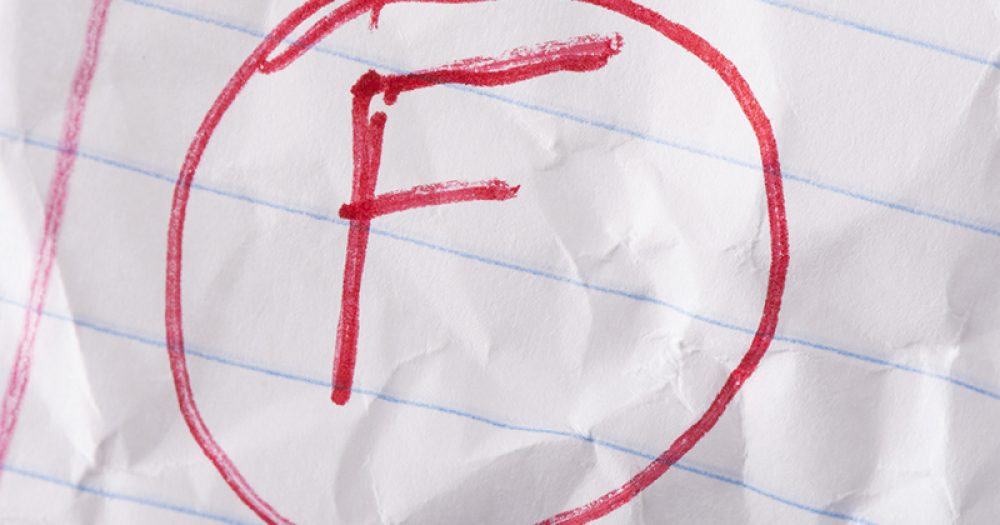Four new trials have won grant funding from the Education Endowment Foundation (EEF), including a trial to test whether GCSE grades can be boosted by not grading work.
Schools Week has profiled the four new trials:
Flash Marking bans grades on school work
The Flash Marking trial, which costs £355,300, will analyse whether not giving pupils a grade for their English school work, instead offering “actionable” feedback, will help boost GCSEs and speed up marking for teachers.
It will be run in 100 secondary schools, involving 12,500 pupils.
The trial follows a review of evidence by the foundation that found grading can reduce the impact of marking, because pupils become “pre-occupied” with grades and don’t take teacher comments onboard.
Sarah Cunliffe, lead for English at Meols Cop high school in Southport, (one of the government’s new research hubs) which has developed the method, said teachers were trained to explain to pupils what skills they needed to develop to hit the top band grades for GCSE English and English Literature.
Teachers learn how to translate the band grades into “codes” which tell pupils specifically what they needed to do to get a higher grade. These were also used in lesson time so pupils got to know them.
EasyPeasy aims to instill self-discipline
The EasyPeasy trial, which will cost £359,824, will test whether sending activities and tips on early child development to parents and carers can help them improve their language and communication skills.
The trial is scaling up from a smaller one which found “promising evidence” the app improves pupils’ concentration and willingness to complete difficult tasks, known as cognitive self-regulation.

Self-regulation has been linked in other studies to better school performance.
Games such as “band practice”, where a parent asks their child to drum with them and to stop when they stop, were also found to lead to better boundary-setting at home in the earlier trial.
The larger trial will now go out to the parents of 8,840 children.
Onebillion’s virtual teacher aims to boost maths scores
The onebillion trial, which will cost £227,000, will investigate whether a virtual teacher app can help pupils with their maths studies.
The trial, run by the University of Nottingham, will involve 1,200 five and six-year-olds working through maths exercises on the app, before taking a quiz at the end of a topic. Teaching assistants will monitor the progress made by pupils.
Schools Partnership Programme to get schools working together
The Schools Partnership Programme trial, which costs £721,533, will test how a partnership-based approach to peer reviews can lead to improved outcomes for pupils.
Under the trial, run by the Education Development Trust, schools will be placed in partnerships of between three and seven, before being trained in developing “challenging, supportive and mutually accountable relationships” between them.
Schools will be tasked with identifying and addressing cluster priorities for improvement, with a focus on closing the attainment gap.
Altogether, 110,000 pupils will take part in the evaluation of the programme in 300 schools.
*Schools are wanted to take part in all the trials. For more, visit https://educationendowmentfoundation.org.uk/








What! The Flash Marking trial is a ‘trial’ of good practice that already exists and has a good research base. That money should be spent on a trial of something new, that doesn’t have 20 years of research behind it. Has anyone asked Paul Black or Dylan Willam what they think?